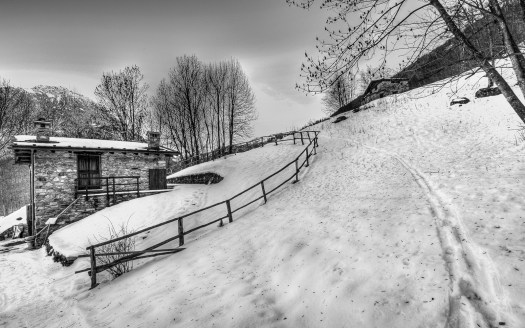I believe that if we happen to be one of those folks who make it our work to attempt to say something helpful about God, someone who seeks to offer some light or clarity in this confusing world, then we must move into the pain. Sometimes we will speak with boldness. Sometimes we will whisper with a tremble in our voice. Sometimes, this ruin we encounter, the stories we enter, these heartaches, require only our silence.
If a preacher knows only principles and ideals and theological maxims but never goes silent… If a pastor refuses to wade into the dreadful terrors… If a pastor is too fearful to acknowledge the uncertainties, the oppressive fog… If a pastor never weeps with her people… If a pastor never wrangles with the weight covering one he loves or the sorrow pressing upon his own soul…
If a writer attempts to speak on questions of faith but never lays down the pen to wipe away the tears… If they seem certain of their cause or their position but they forget their own humanity — or the humanity of those they are writing to (or especially the humanity of those they are correcting or cajoling)… If a writer never comes up short, never finds their words paltry, never joins me in my quandary or sadness…
Such people, no matter how well intentioned, may provide me with insight or instruction, but they will inevitably leave me alone. And worse, despite their language, they will not offer me God.
It’s important for me to return to Orthodox theologian Thomas Hopko’s description of his sobering first days in seminary:
I entered St. Vladimir’s Seminary in 1957. The school was housed in an apartment house in New York City. Our professors were refugees from communist lands, mostly Russians. My first lesson in seminary was that I was never to say anything about God that I could not say over a furnace of burning babies.
I don’t know what to say about Hopko’s words here, what could I possibly say? But I believe I would trust a man who would write such a thing, a man who would know such a thing. I believe he would have something to say to me, something that would penetrate my heart. I believe he would offer me God, and I believe I would not be left alone.

